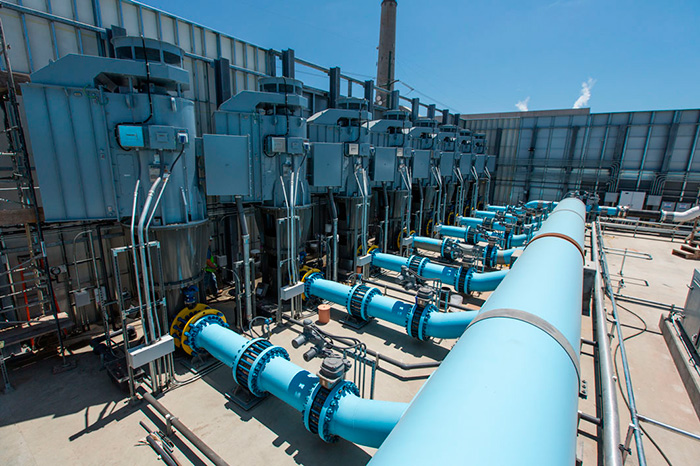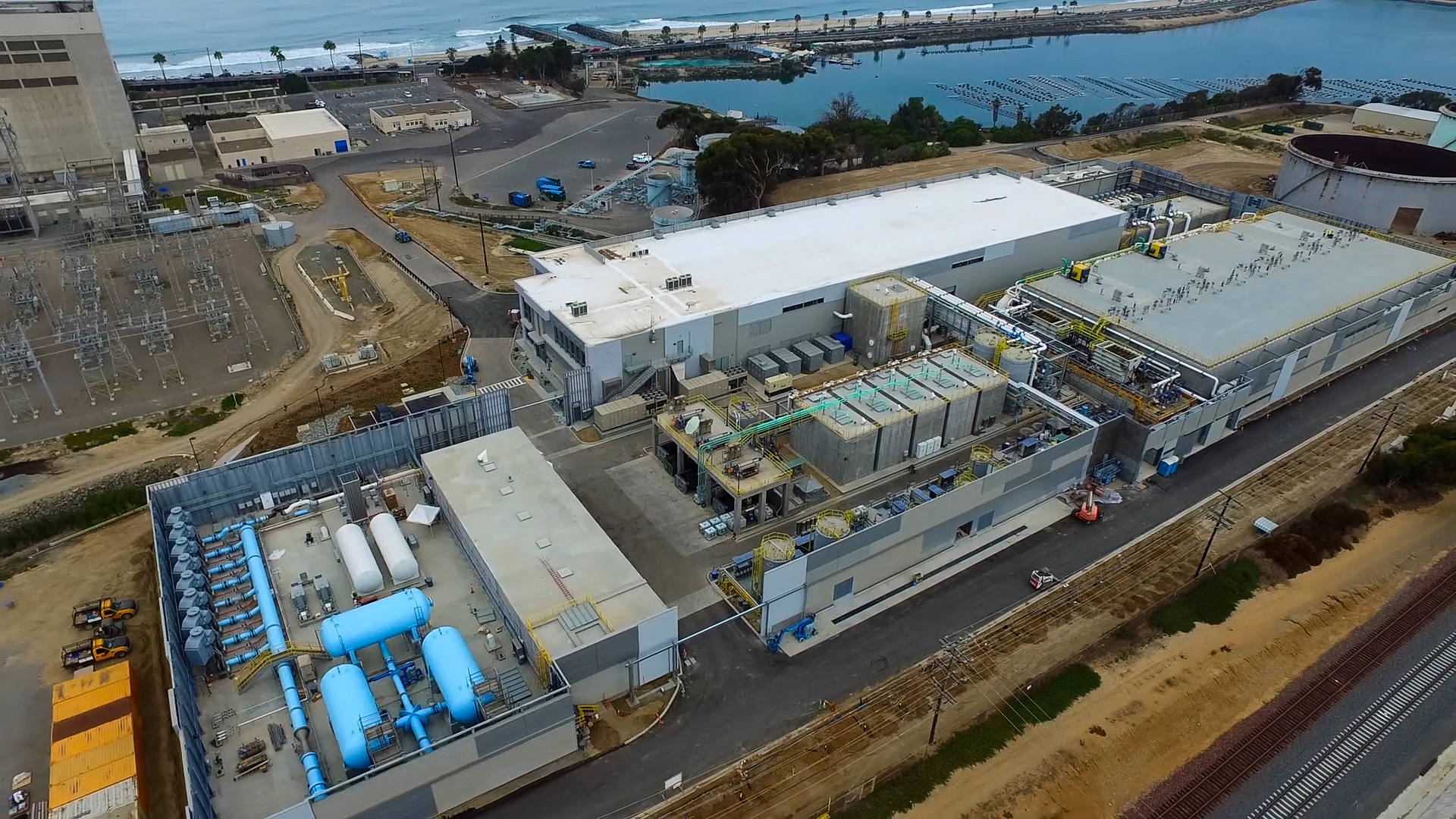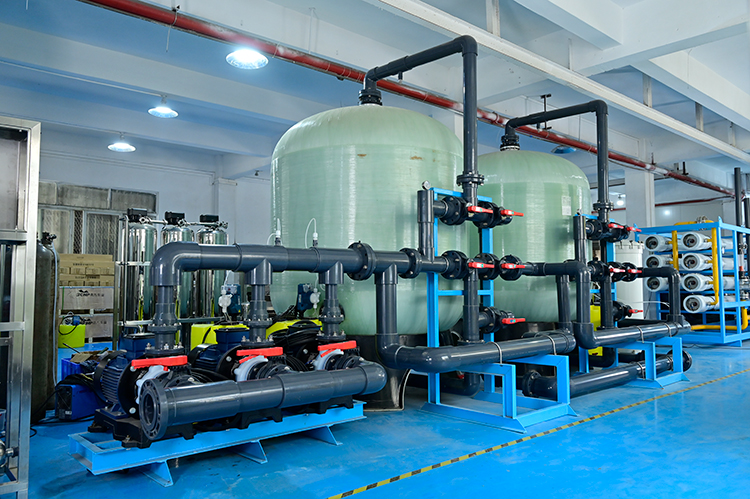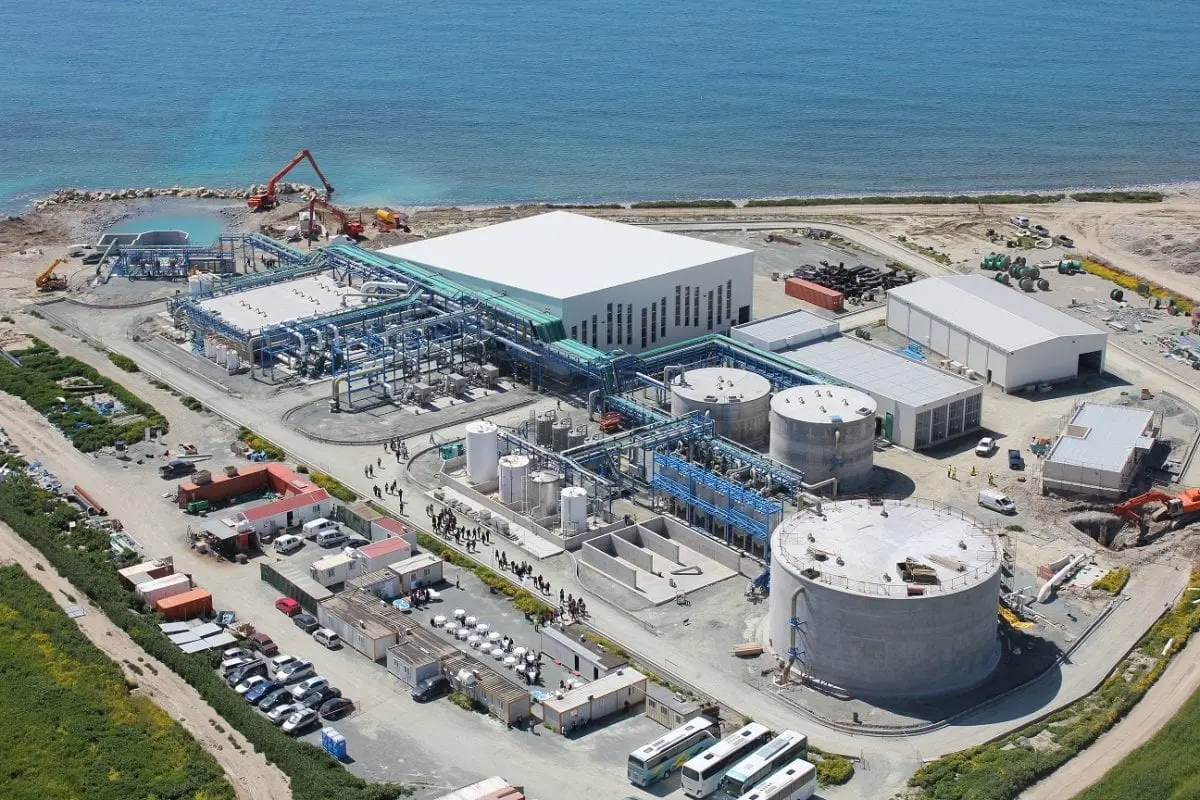- Commercial Reverse Osmosis Water Treatment Systems
- Industrial Reverse Osmosis Water Treatment Systems
- Ultrafiltration UF Water Treatment Systems
- Ion Exchange Water Treatment System
- Containerized Water Treatment Systems
- Customized Water Treatment System
- Bottle Water Filling Line
- Water Mechanical Micron Filters
- Stainless Steel Water Treatment Equipments
- Water Treatment Parts
- Water Sterilization
How does a seawater desalination plant work?
As one of the important facilities to solve the problem of fresh water resource shortage, the operation of seawater desalination plant involves complex technical and engineering processes. This article will delve into the operating principles and key technologies of the seawater desalination plant to help readers better understand the operating mechanism of this key facility.
1. Basic composition of seawater desalination plant
A seawater desalination plant usually consists of a seawater inlet system, a pretreatment system, a reverse osmosis system, a post-treatment system and an energy supply system. These parts cooperate with each other to complete the work of seawater desalination.
2. Seawater inlet system
The seawater inlet system is responsible for pumping seawater from the ocean to the factory area and removing larger impurities and particles through preliminary filtration. Pumping stations are usually used to pump seawater into the factory area, and then undergo preliminary filtration through grilles, filters and other equipment.

3. Pretreatment system
The pretreatment system is an important part of the seawater desalination process. Its purpose is to further remove suspended solids, sand, algae and other impurities in seawater to protect the reverse osmosis membrane from pollution and wear. Pretreatment systems usually include sand filters, activated carbon filters and other equipment to remove impurities through physical and chemical means.
4. Reverse osmosis system
The reverse osmosis system is the core part of the seawater desalination plant. It uses reverse osmosis membrane technology and uses a high-pressure pump to drive seawater through the reverse osmosis membrane to separate harmful substances such as salts and minerals and obtain high-purity fresh water. The reverse osmosis system requires precise control to ensure stable water quality and efficient equipment operation.

5. Post-processing system
The post-treatment system is used to adjust and improve the quality of fresh water, including pH adjustment, disinfection, adding minerals and other processes. These steps ensure the taste, nutritional content and health safety of fresh water.
6. Energy supply system
Seawater desalination plants typically require large amounts of energy to run equipment such as high-pressure pumps and filtration equipment. Therefore, the energy supply system is crucial to the operation of the seawater desalination plant and can use a variety of energy forms, such as electricity, solar energy, wind energy, etc., to reduce energy costs and environmental impact.

7. Operation process of seawater desalination plant
The operation process of a seawater desalination plant usually includes seawater inlet, pretreatment, reverse osmosis, post-treatment, storage and distribution. In these links, each system plays an important role and cooperates with each other to ensure the efficient operation of seawater desalination.
8. Technological innovation and development of seawater desalination plant
With the continuous advancement of science and technology and the continuous innovation of engineering technology, seawater desalination technology is also constantly developing and improving. The introduction of new materials, efficient equipment and intelligent control systems has made the operation of the seawater desalination plant more energy-saving, environmentally friendly and intelligent, providing more possibilities for solving the global shortage of freshwater resources.

Conclusion
As an important means to solve the problem of fresh water resource shortage, the operation of seawater desalination plant involves multiple links and complex technical projects. Through reasonable design and scientific operation management, seawater desalination plants can effectively provide high-quality freshwater resources and make positive contributions to global water resources security and sustainable development.




